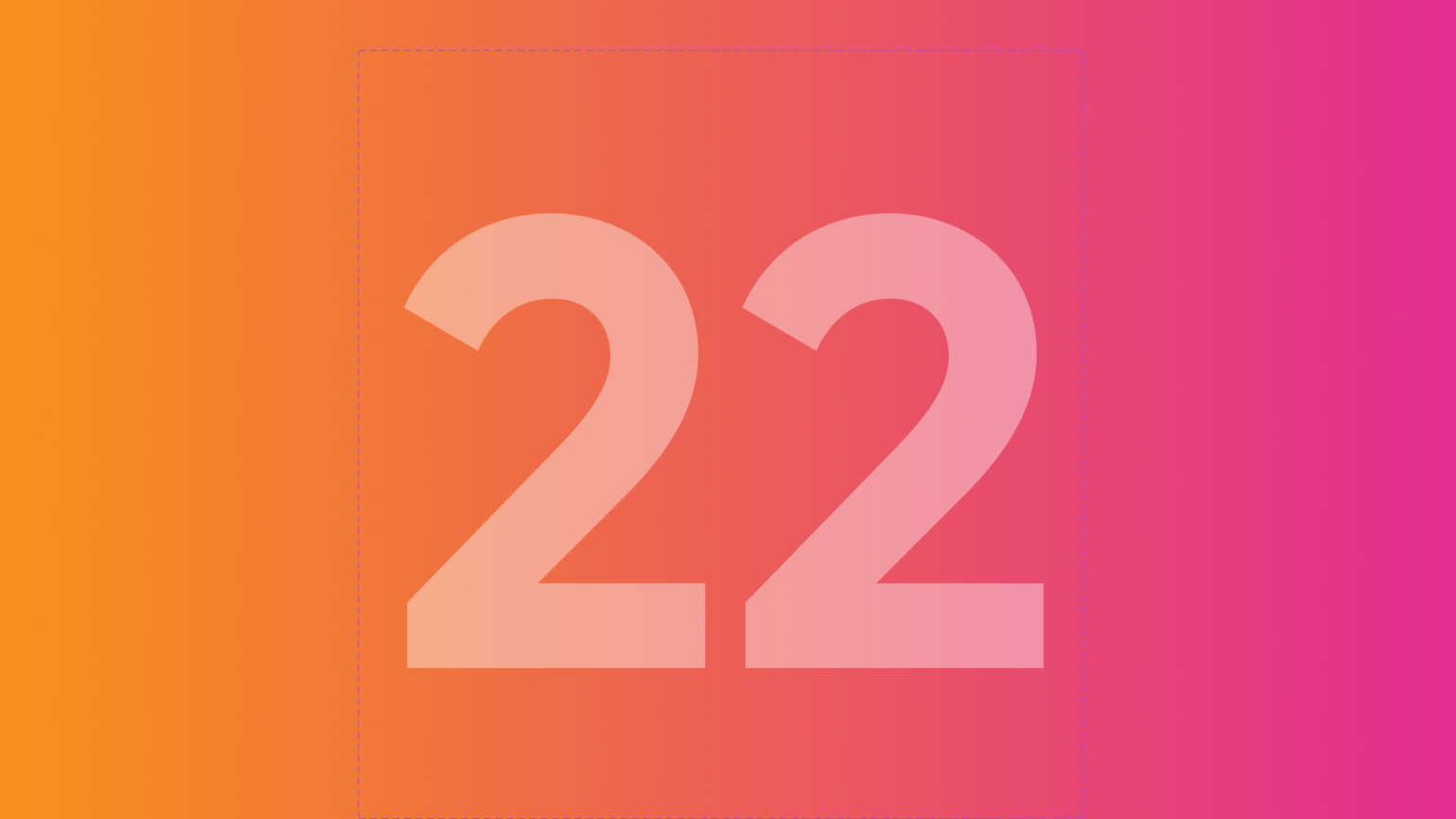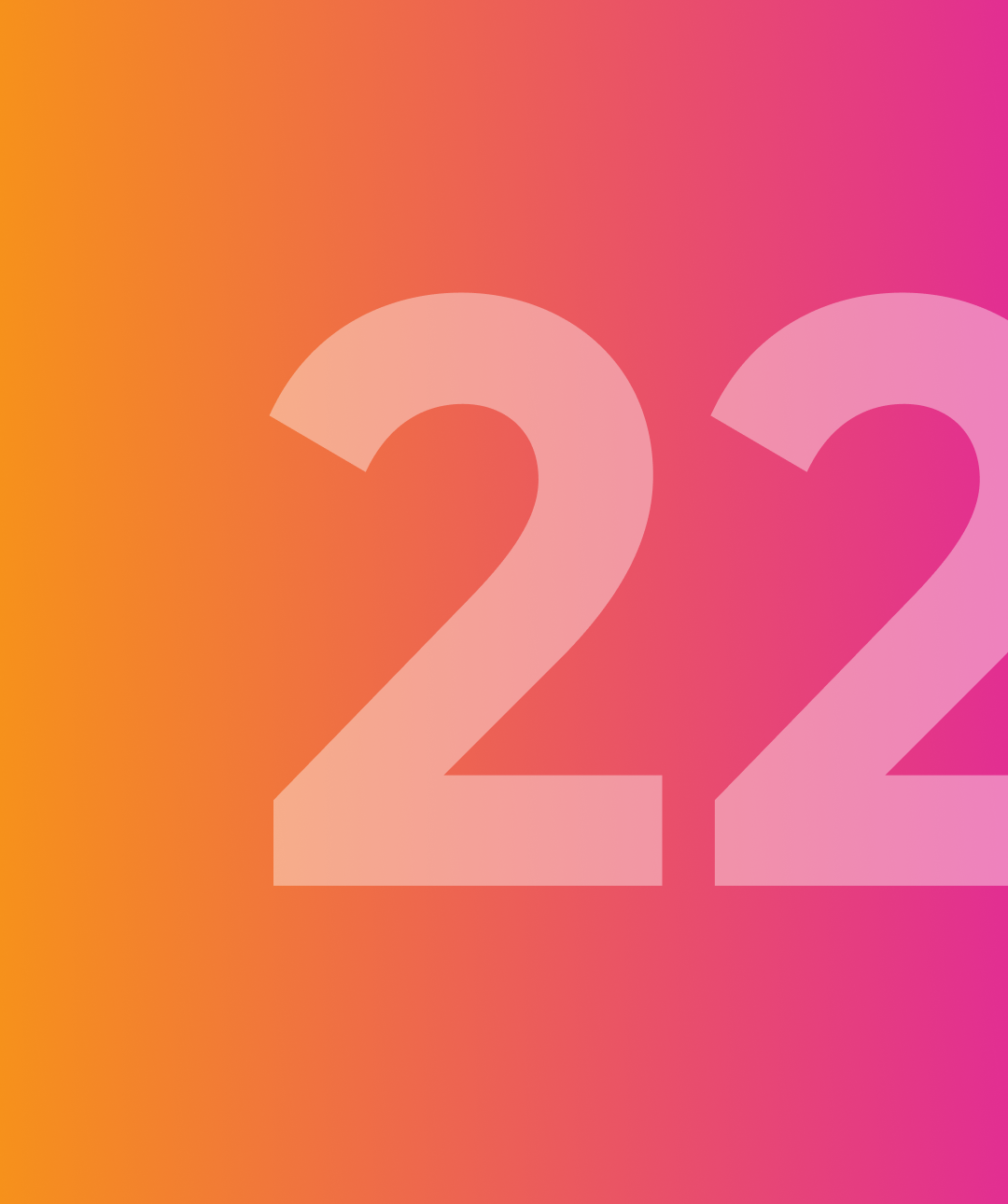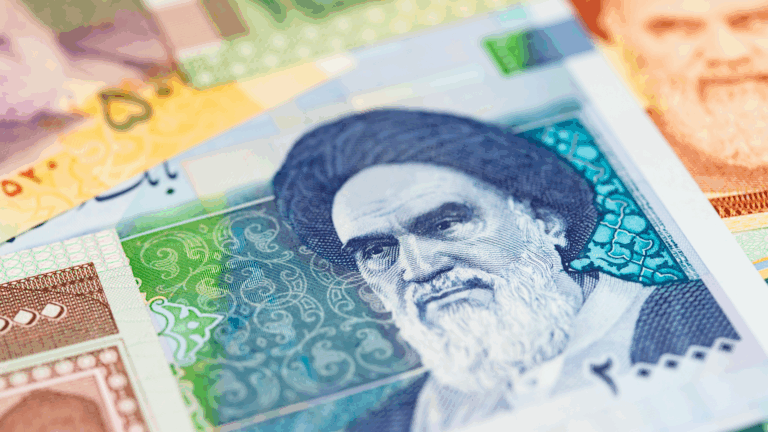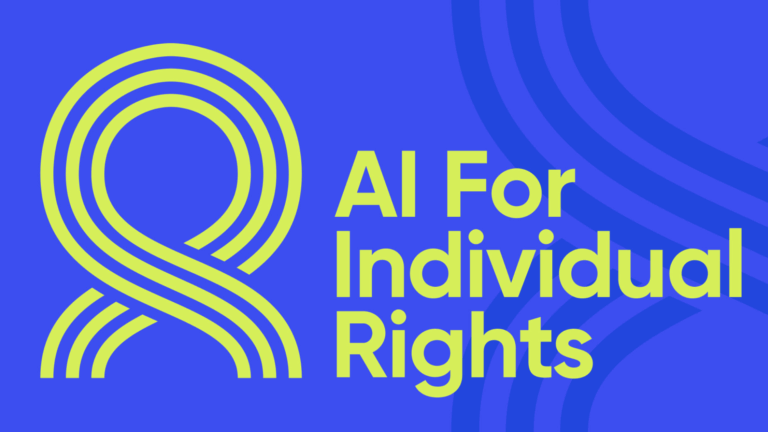The Financial Freedom Report is a newsletter focusing on the role currency and banking play in the civil liberties and human rights struggles of those living under authoritarian regimes. We also spotlight new tools and applications that can help individuals protect their financial freedom.
Good morning, readers,
This week news centered around the harassment of press freedom defenders through financial de-platforming. In Somalia, the regime froze the bank accounts of the Somali Journalist Syndicate (SJS). In Togo, Africa’s longest-standing dictatorship blocked foreign media coverage ahead of elections, de-platforming journalists and dissidents.
This year in Mauritania, the government plans to introduce a central bank digital currency (CBDC), which is concerning given the existence of state human rights violations as well as widespread slavery. In this context, a programmable CBDC will take financial surveillance and control to unprecedented levels.
Zooming out, users of Bitcoin privacy technology around the world took a blow as the founders of a privacy-focused Bitcoin wallet were arrested. As we follow the case, it will be important to remember that privacy is not a crime and is in fact something vital for human rights defenders working under authoritarian conditions. It’s also a reminder that developing truly peer-to-peer, decentralized Bitcoin products remains a top priority, so that activists in closed societies can achieve privacy without having to rely on third parties.
We end the day with an extended interview featuring the Director of Finance at the Anti-Corruption Foundation, Anna Chekhovich, who has now joined HRF as our nonprofit Bitcoin adoption lead. She shares her experience being de-banked multiple times by Vladimir Putin’s regime and explains why she turned to Bitcoin (and Bitcoin privacy technology) to circumvent Russian financial surveillance, control, and confiscation.
Now, let’s dive in!

Mauritania | CBDC Plans Raise Human Rights Concerns
Mauritania’s central bank has partnered with Giesecke+Devrient (G+D), a German security technology firm, to develop and roll out a central bank digital currency (CBDC). The Saharan country’s central bank justifies the move with financial inclusion concerns (only 23% of citizens aged 15 and older have financial accounts), but a programmable CBDC would further jeopardize Mauritians’ financial autonomy and freedom. CBDCs would enable the regime to censor transactions, freeze accounts, and surveil citizens more thoroughly. This is alarming given that under President Mohamed Ould Ghezouani, Mauritania faces severe human rights abuses and suffers from the persistence (and institutionalization) of slavery, ranking third-worst globally for modern slavery.
Somalia | Regime Freezes Bank Account of Journalist Syndicate
In Somalia, the regime froze the bank accounts of the Somali Journalist Syndicate (SJS), allegedly over the organization’s lack of proper registration. It also ordered Somalia’s attorney general to investigate the account holders. SJS is committed to protecting journalists’ rights and fostering a free press under the tyranny of President Hassan Sheikh Mohamud. To maim the success of SJS, the regime has repeatedly interfered with their activities, including conducting a raid on their offices, arresting SJS Secretary General Abdalle Mumin, and ordering media stations to cease coverage of the SJS annual report. Now, it turns to freezing bank accounts to disrupt SJS’s operations. Authoritarian regimes often exploit their power over the banking system to stifle press freedom, especially when there is a severe financial and humanitarian crisis, as is the case with Somalia.
Kyrgyzstan | Bill Undermines NGO Independence
President Sadyr Japarov approved a bill imposing new stringent requirements on non-governmental organizations (NGOs) operating in Kyrgyzstan. Japarov argues that NGOs are engaged in corruption, deceiving foreign donors by using funds for personal purposes. The new bill mandates that NGOs regularly submit financial reports, register with the Ministry of Justice, and undergo extensive audits (a costly process for smaller organizations). Azisbek Ashurov, head of the NGO Lawyers of Fergana Valley Without Borders, counters this argument, asserting “that the new law is a tool to limit the activities of NGOs.” More than 110 NGOs nationwide signed an open letter, arguing that the new bill will “lead to reputational losses for Kyrgyzstan as a democratic country.” Unfortunately, Kyrgyzstan is not an isolated case, as over 60 countries have also passed laws targeting foreign funding for NGOs.
Togo | Press and Financial Freedom Suppressed
Togo, Africa’s longest-standing dictatorship, recently held parliamentary and regional elections. Not everyone sees this as a positive move, though. “This demonstrates how authoritarians use democratic tools to capture the state,” argues human rights and democracy activist Farida Nabourema. In the lead-up to the elections, Gnassingbé’s regime banned opposition protests, blocked foreign media coverage, and barred the Catholic Church from observation. The regime also routinely de-platforms and cuts off banking access for democratic movements and political opponents. Nabourema is one of many Togolese activists who have turned to Bitcoin in this environment. “As an activist,” she said, “I was working with several others to take action against the regime when the government started arresting people for donating money to the movement. It became apparent that we needed a safe way to send and receive funds for resistance activities.” Bitcoin continues to serve as an important Plan B for human rights and pro-democracy activists living under repressive regimes.
Venezuela | USDT Wallets Frozen
Stablecoin issuer Tether froze USDT wallets used by Venezuela’s state-owned oil and natural gas company, PDVSA, which were reportedly used to evade international sanctions. The action was taken following Venezuela’s failure to enact electoral reforms. This points to a future where stablecoin companies like Tether and Circle will increasingly be freezing customer-held tokens at the behest of governments. Domestically, of course, the Maduro regime is the one usually doing the freezing in a country where countless opposition figures, such as Juan Guiadó, as well as a constellation of human rights defenders and NGOs, have been debanked. While Tether complies with international law to target the assets of the Maduro regime abroad, at home, Nicolás Maduro favors financial repression as a weapon to silence dissent and threaten democracy fighters.
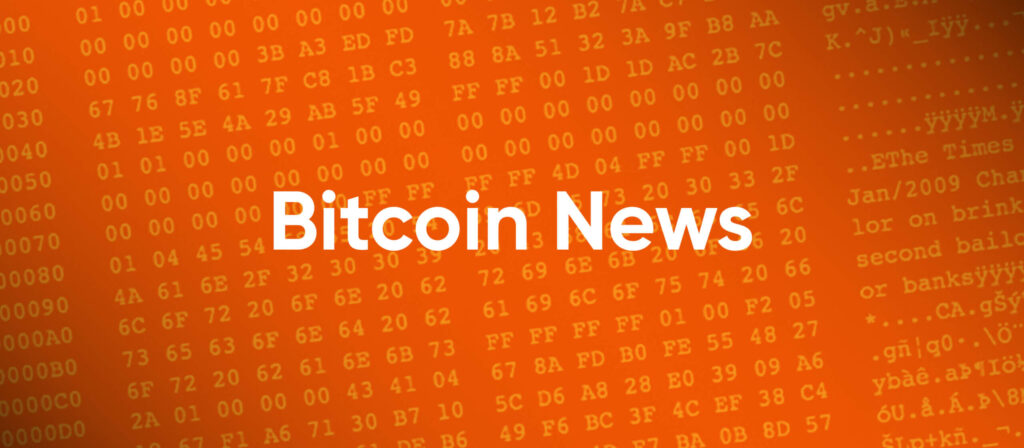
Coinbase | Lightning Network Support
Coinbase, the prominent global cryptocurrency exchange with 56 million users, rolled out support for the Lightning Network. “Starting today, support for the Lightning Network via Lightspark will begin rolling out. Enjoy instant, low-cost BTC transfers,” per the official announcement. With this update, users can now instantly send, receive, or pay with bitcoin on Lightning directly from their Coinbase account, ushering in another wave of Lightning adoption. It’s worth noting that this integration is rolling out bit by bit and that it is currently limited to specific regions; more on this process can be found here.
OCEAN | Lightning Payouts via BOLT12
OCEAN, a decentralized and non-custodial mining pool, now allows pool miners to attach a BOLT12 offer for payment. BOLT12 is a Lightning specification that offers Lightning node-enabled static QR codes, modular invoices, and enhanced privacy for the person receiving payment. Miners can request payments on a recurring basis using a static QR code, simplifying their payout flow. HRF has been following the development of — and encouraging with grants and bounties — BOLT12 for several years. More BOLT12 adoption means more opportunities for human rights groups to have tools that can make it easy for them to use a static QR code to receive private Lightning payments, so this adoption is welcome news.
Samourai Wallet | Founders Indicted by US Department of Justice
The Department of Justice (DoJ) arrested the co-founders of Samourai Wallet, a popular privacy-focused Bitcoin wallet. The DoJ charged the co-founders with conspiracy to commit money laundering exceeding $100 million via “Whirlpool,” a bitcoin-mixing protocol aimed at enhancing privacy in Bitcoin transactions, and conspiracy to operate an unlicensed money-transmitting business. As we follow the case, two things will become clear: first, the need for truly peer-to-peer, decentralized Bitcoin privacy services will become more important; and second, such legal actions, whether justified or not, create a chilling effect that harms the development of privacy technology worldwide. The Whirlpool protocol was popular in Iran and had been adopted by wallets produced in India and South Africa. In these cases, users are looking for new solutions to protect themselves from authoritarian regimes.
Phoenix and Wasabi Wallet | Withdraw from US Markets
Following the arrests of the Samourai Wallet co-founders and a warning to Bitcoin usersfrom the FBI, ACINQ, a Bitcoin technology company, announced its decision to remove Phoenix Wallet from US app stores effective May 3rd. “Recent announcements from US authorities cast a doubt on whether self-custodial wallet providers, Lightning service providers, or even Lightning nodes could be considered Money Services Businesses and be regulated as such,” stated ACINQ. Following similar steps, zkSNACKS, the developer of privacy-focused Wasabi Wallet, blocked US users from accessing its services (i.e., downloading wallets). The actions demonstrate the chilling effect of arresting the developers of privacy technology and again underline the importance of developing peer-to-peer Bitcoin privacy technology that doesn’t rely on a third party. Roger Ver, a prominent early Bitcoin pioneer, and CZ, the CEO of the world’s largest cryptocurrency exchange, were also apprehended and sentenced (respectively) this week, amid what seems to be a global industry crackdown.
Blockstream | Liquid Wallet Kit
Blockstream, a Bitcoin development company, released the Liquid Wallet Kit (LWK) for its Liquid Network sidechain. This toolkit aims to empower developers to streamline the creation of Bitcoin wallets and applications on the Liquid Network in order to facilitate more confidential transactions, faster settlements, and the issuance of assets (i.e., stablecoins). Users can lock in Bitcoin in a “peg-in” transaction on the Liquid Network and, in turn, receive Liquid’s token, L-BTC, to freely transact on the Liquid network. To convert L-BTC back into Bitcoin, users execute a “peg out” transaction. The LWK may potentially expand the network’s applications and enhance both the privacy and scalability of Bitcoin. However, this comes with the tradeoff of decreased decentralization and security for users.
BIPs | New Editors Added to Review Process
A recent Bitcoin Optech newsletter #299 announced five contributors “have been made BIP editors.” Bitcoin Improvement Proposals (BIPs) serve as a way for individuals to propose improvements or innovations to the Bitcoin network. They can range from technical improvements to new features and community initiatives, therefore playing a crucial role in the decentralized governance of Bitcoin. The five new editors include Bryan Bishop, Jon Atack, Mark Erhardt, Olaoluwa Osuntokun, and Ruben Somsen. With a diverse array of backgrounds, the editors will play a pivotal role in ensuring proposed BIPs adhere to established standards and help foster ongoing innovation within the world’s most decentralized financial system.
Block Inc. | Enters Bitcoin Mining Ecosystem
Block Inc., the financial technology conglomerate led by CEO Jack Dorsey, unveiled a new three-nanometer (nm) Bitcoin mining chip, marking a big step in their foray into the Bitcoin mining ecosystem. This development is part of Block’s broader initiative to democratize access to Bitcoin mining hardware and decentralize the distribution of Bitcoin mining hash rate. With input from the Bitcoin mining community, Block is preparing to launch both a standalone mining chip and a proprietary Bitcoin mining system. These innovations seek to stimulate advancements in mining technology and provide a novel solution to the space. You can learn more about these endeavors here.
Recommended Content
How to Dictator-Proof Your Money
In a recently published essay for the Journal of Democracy, HRF’s chief strategy officer, Alex Gladstein, details how a decentralized, censorship-resistant Bitcoin network preserves financial independence for human rights defenders working under oppressive regimes. To illustrate this point, Gladstein explains how Bitcoin helped Venezuelans preserve wealth amidst a hyperinflationary environment, allowed war-torn Ukrainians access to a global financial system when the banking system collapsed following Putin’s invasion, and empowered Belarusian democracy protesters to continue their marches with Bitcoin. The essay brims with countless examples of how Bitcoin has become the currency of choice for dissidents working in all corners of the world.
Russia’s Control of the Financial System, feat. Anna Chekhovich
In the latest episode of the Citadel Dispatch podcast, human rights defender Anna Chekhovich joins host Matt Odell to discuss her experience as the director of finance for Alexei Navalny’s Anti-Corruption Foundation (ACF). During her time with ACF, Bitcoin served as a financial tool to circumvent Putin’s incessant financial surveillance and control. Had it not been for Bitcoin, ACF would’ve had to halt all business operations and end their democracy activism. Chekhovich emphasizes the stark difference between centralized financial systems that can be easily manipulated by dictators like Putin and decentralized, open-source systems that can’t be censored, like Bitcoin. For her, Bitcoin is the preferred financial system as it safeguards democracy and activism and provides a lifeline when traditional financial systems oppress such movements. You can listen to the full episode here.
Oslo Freedom Forum | Reserve Your Spot
Human rights advocates from around the globe will take the Oslo Konserthus stage on June 3-5, 2024, to share their efforts to defy repression and speak out against injustice. This year’s theme, Reclaim Democracy, emphasizes the pivotal role every individual plays within the global movement for democracy. The Financial Freedom team is looking forward to creating a program track exploring the role open-source money plays in preserving our human rights and civil liberties. Use the code 2024OFF to get an early bird discount on your ticket.
If this email was forwarded to you and you enjoyed reading it, please consider subscribing to the Financial Freedom Report here.
Support the newsletter by donating bitcoin to HRF’s Financial Freedom program via BTCPay.
Want to contribute to the newsletter? Submit tips, stories, news, and ideas by emailing [email protected].
Purchase your ticket to the 2024 Oslo Freedom Forum, taking place June 3-5 in Oslo, Norway. Use the code 2024OFF to get an early bird discount.
The Bitcoin Development Fund (BDF) is accepting grant proposals on an ongoing basis. The Bitcoin Development Fund is looking to support Bitcoin developers, community builders, and educators. Submit proposals here.


